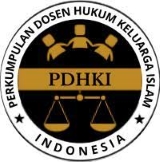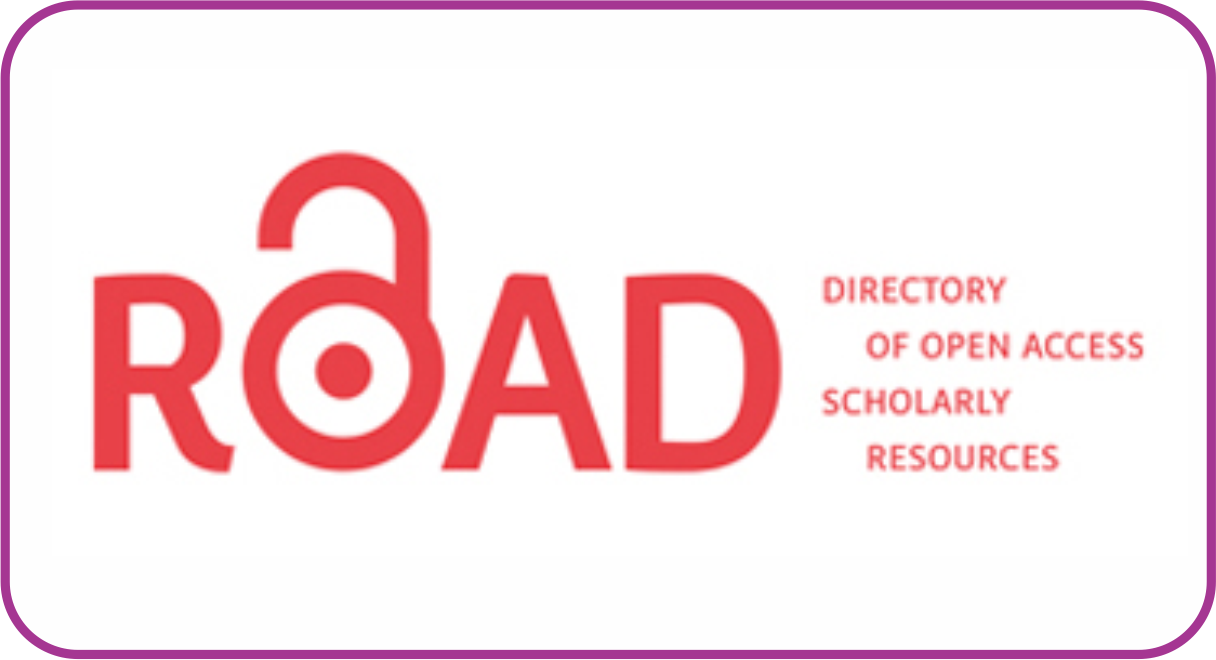APLIKASI E-WALLET: SOLUSI DIGITAL UNTUK PERLINDUNGAN HARTA BERDASARKAN MAQASID SYARIAH
Abstract
E-wallet is an electronic media used to store electronic money through certain applications. Various services provided by the company make e-wallet more practical, fast, and efficient in transactions. The use of e-wallet can be evaluated in the context of hifz mal (preservation of assets) in maqashid sharia to ensure its compliance with sharia principles. Hifz Mal is an important part of Maqshid Sharia which aims for the benefit of the community in a legal case. Maqashid Sharia as the maintenance of goodness achieves benefits and prevents evil. All matters in Islam are global and specific, all can be solved based on public interest, this is in line with the concept of Maqashid Sharia. The research methodology used in this study is qualitative with content analysis techniques to obtain data. This study examines comprehensive articles and books related to e-wallet, as well as the views of scholars on the concept of hifz mal. The results of the study indicate that the use of e-wallet as an electronic transaction medium to purchase products or services is in accordance with the concept of hifz mal. The use of money stored in e-wallets as a means of exchange in digital transactions is widely accepted by the public and does not involve elements of usury, gharar, gambling, or exploitation. In addition, e-wallets offer high security features and dual benefits that can make people's lives easier, in accordance with the principle of maintaining assets in maqashid sharia.
Keywords
Full Text:
PDFReferences
A. al-M. H, Jauhar. Maqasid Shariah. Indonesia: Amzah, 2009.
Akbar, Ali. “Konsep Kepemilikan Dalam Islam.” Jurnal Ushuluddin 18, no. 2 (2012): 52.
Al-shatibi, Abu Ishaq. Al-Muwafaqat Fi Usul Al_Shari’ah. Dar al-Kutub al-‘Ilmiyah, 2004.
al-Suyūṭi. Jalāl Al-Dīn Abd al-Raḥmān. Al-Ashbāh Wa Al-Naẓā’ir Fi Qawā’id Wa Furū’ Al-Shāfi’iyyah. Dār al-Salām, 2006.
Auda, Jasser. Maqāṣid Al-Sharī‘at: Dalīl Li Al-Mubtadi’Īn. London: Al-Ma’had Al-Alami Li Al-Fikr Al-Islami (IIIT), 2008.
Clara. C. Dompet Elektronik (E-Wallet) Catholic University: Yayasan Kita Menulis, 2023.
Effendi, Amrizal & Yusri. “Exploring the Potential of Financial Technology (e-Money) in Akad Wadiah at Amal Usaha Muhammadiyah.” International Conference on Economics, Management, and Accounting, 2019, 578.
“Fintech Indonesia, Perusahaan. Https://Fintech.Id/En/Member/Detail/. 2021,” n.d.
Firdaus, Muhammad Ridwan. “E-Money Dalam Perspektif Hukum Ekonomi Syariah.” Tahkim XIV, no. 1 (2018): 32.
Gede. I. S. Teknologi Finansial, Bali : Politeknik Negeri Bali, 2022.
Hakim, M. Arief. Bahaya Narkoba Alkohol: Cara Islam Mencegah, Mengatasi, Dan Melawan. Bandung: Nuasa, 2004.
Haq, Hamka. Al-Syathibi Aspek Teologis Komsep Maslahah Dalam Kitab al-Muwafaqat. Bandung: PT. Gelora Aksara Pratama, 2007.
Hasan, Akhmad Farroh. Fiqh Muamalah Dari Klasik Hingga Kontemporer (Teori Dan Praktik). Malang: UIN-Maliki Press, 2018.
Ibrahim, Yazid, Ahmad &. Ibnor Azli. “Konsep Harta Menurut Perspektif Undang-Undang Undang-Undang Sivil: Satu Tinjauan.” Jurnal Pengajian Umum Asia Tenggara 7, no. 1 (2006): 97.
Irma, Andriyaningtya. “Penerimaan E-Wallet Syariah LinkAja Dalam Rangka Pengembangan Ekonomi Digital Di Indonesia.” Jurnal Ekonomi Dan Keuangan 5, no. 4 (2021): 17.
Ismail, Nurizal. Maqashid Syariah Dalam Ekonomi Islam. Jakarta: Smart WR, 2014.
Iswandi. “Maslahat Memelihara Harta Dalam Sistem Ekonomi Islam.” Jurnal Sosial Dan Budaya Shar’i 1, no. 1 (2014): 53.
Izzata, Bella, Firsty. “Strengthening The Islamic Digital Payment System Through Sharia ELECTRONIC WALLET (E-WALLET).” EL DINAR: Jurnal Keuangan Dan Perbankan Syariah 9, no. 2 (2021): 17.
Khasan, Moh. “Kedudukan Maqashid Al-Syari’ah Dalam Pembaharuan Hukum Islam.” Journal DIMAS 8, no. 2 (n.d.): 74.
Kirana, Widyastuti. “Tantangan Dan Hambatan Implementasi Uang Elektronik Di Indonesia : Studi Kasus PT XYZ.” Jurnal Sistem Informasi (Journal of Information System 13, no. 1 (2017): 81.
Manurung, Joni. Adler Haymans Manurung, Ekonomi Keuangan Dan Kebijakan Moneter. Jakarta: Salemba Empat, 2009.
Masihuddin. “Survey on E-Payment Systems: Elements, Adoption, Architecture, Challenges and Security Concepts.” ..” Indian Journal of Science and Technology, 10, no. 20 (n.d.): 41.
Muddasir, Masihuddin. “Survey on E-Payment Systems: Elements, Adoption, Architecture, Challenges and Security Concepts.” Indian Journal of Science and Technology 10, no. 20 (2017): 14.
Mutia. “Teknologi Dalam Al-Qur’an.” Jurnal Ilmiah Islam Futura 6, no. 2 (2007): 41.
Razali. “Mastura Maqasid Shariah in E-Wallet Application Malaysia.” ISLĀMIYYĀT 43, no. 1 (2021): 23.
Research, Forrester. The Next Phase Of Digital Wallet Adoption. Issue September, 2017.
Upadhayaya2, Abhay. “Electronic Commerce and E-Wallet.” International Journal of Recent Research and Review 1 (2012): 21.
Uzaki, Abu Bakar. “E-Wallet Transactional Framework for Digital Economy : A Perspective from Islamic Financial Engineering.” International Journal of Management Science and Business Administration 6, no. 3 (2020): 107.
Valaei, Nizam Faisal Ha Jin Hwang &. Naser. Measuring the Effectiveness of E-Wallet in Malaysia. Studies in Computational Intelligence. Switzerland: Springer International Publishing, 2018.
Veithzal, Rivai. Bank and Financial Institution Management. Jakarta: PT. Raja Grafindo Persada, 2007.
Zarkasyi, H. F, Akmal, H., Mellina, T., Jamal, M. “Konsep Penjagaan Terhadap Harta Dalam Wisata Syariah.” IJTIHAD 14, no. 1 (2020): 42.
DOI: https://doi.org/10.24952/almaqasid.v10i2.13615
Refbacks
- There are currently no refbacks.
Copyright (c) 2024 Jurnal AL-MAQASID: Jurnal Ilmu Kesyariahan dan Keperdataan

This work is licensed under a Creative Commons Attribution-ShareAlike 4.0 International License.



2.gif)


















